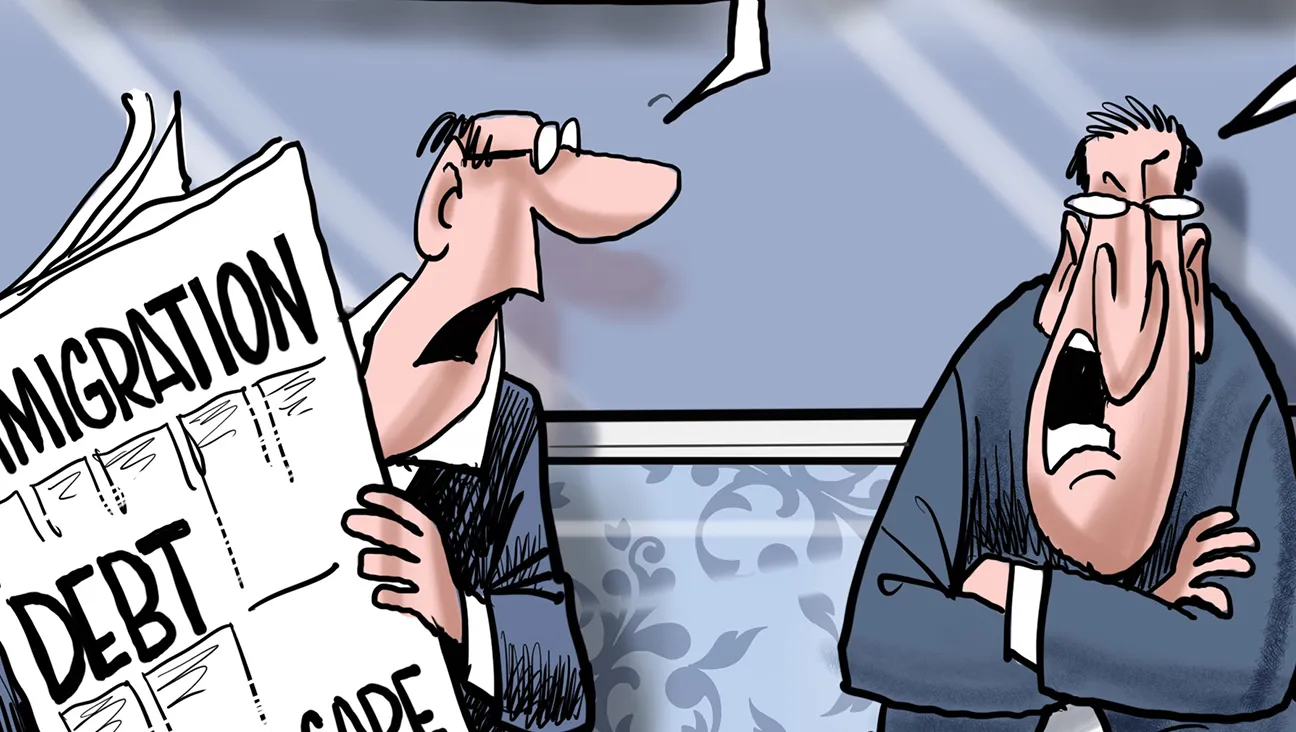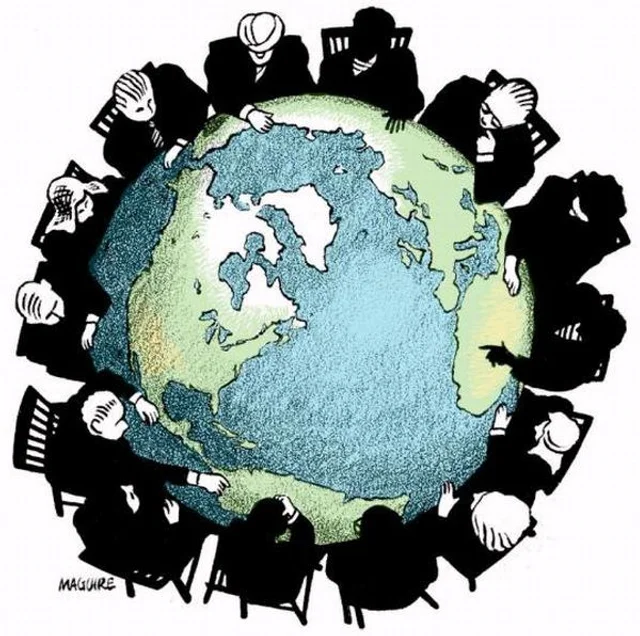Who Benefits and Disadvantages of Political Term Limits
The concept of term limits is meant to curb potential abuses of power, promote fresh perspectives, and enhance the democratic process

Analyzing Political Term Limits: Benefits and Drawbacks
Political term limits have long been a subject of debate in democracies around the world. These limits restrict the number of consecutive terms an individual can hold a particular political office. The concept of term limits is meant to curb potential abuses of power, promote fresh perspectives, and enhance the democratic process. However, like any policy, it comes with both benefits and drawbacks. In this comprehensive analysis, we will delve into the potential advantages and disadvantages of political term limits.
Benefits of Political Term Limits:
Encourage New Talent and Fresh Ideas:
One of the primary benefits of political term limits is their ability to foster the emergence of new leaders and fresh perspectives. When incumbents are prevented from serving long consecutive terms, it creates opportunities for individuals with different backgrounds and ideas to step into leadership roles. This promotes diversity in political representation and ensures that the government remains responsive to changing demographics and societal needs.
Prevent Career Politicians:
Term limits can help prevent the development of a class of career politicians who may become disconnected from the concerns of ordinary citizens. By limiting the number of terms an individual can serve, politicians are more likely to maintain a closer connection to their constituents and prioritize their interests over personal political gain.
Reduce the Risk of Corruption:
Long-term incumbents may become entrenched in their positions, potentially leading to complacency and a higher risk of corruption. Term limits can disrupt this cycle by requiring politicians to leave office after a set period, reducing the opportunity for corruption to take hold. This can enhance accountability and integrity within the political system.
Enhance Competition:
Term limits can stimulate competition in elections. Knowing that they cannot rely solely on the advantages of incumbency, politicians are more likely to engage in vigorous campaigning, presenting their ideas and policies more clearly to the electorate. Increased competition can lead to more informed and engaged citizens.
Promote Accountability:
Term limits promote accountability by making it easier for voters to hold their representatives accountable for their actions in office. Knowing that their time in office is limited, politicians may be more inclined to focus on fulfilling their campaign promises and achieving meaningful results during their tenure.
Drawbacks of Political Term Limits:
Loss of Experienced Leadership:
One of the most significant drawbacks of term limits is the potential loss of experienced leaders. Some politicians become highly effective with experience, and term limits can prematurely remove them from office. This can result in a lack of institutional knowledge and expertise, potentially affecting the quality of governance.
Short-Term Focus:
Politicians under term limits may prioritize short-term gains and quick fixes over long-term, complex policy solutions. They may be less willing to tackle deep-seated issues that require sustained efforts and attention due to the pressure of impending term limits.
Potential for Lame-Duck Behavior:
In some cases, politicians nearing the end of their term may engage in "lame-duck" behavior, focusing on legacy projects or personal interests rather than serving their constituents' needs. This can lead to a lack of effective governance during the final stages of their tenure.
Influence of Special Interests:
Term limits can empower special interest groups and lobbyists who have the advantage of experience and institutional knowledge. When inexperienced politicians are in office, they may rely more heavily on these groups for guidance and support, potentially undermining the democratic process.
Forced Exits of Popular Leaders:
Term limits can force popular and effective leaders out of office against the wishes of their constituents. This can lead to dissatisfaction among voters who believe that their preferred leaders are being unfairly removed from power.
Alternatives and Compromises:
Recognizing the mixed effects of political term limits, some democracies have adopted alternative approaches to strike a balance between reinvigorating leadership and preserving institutional knowledge. Here are some potential compromises and alternative measures:
Partial Term Limits: Instead of imposing strict term limits, some systems employ partial term limits, allowing politicians to serve a certain number of consecutive terms and then take a break before running again. This approach combines the benefits of fresh perspectives with the retention of experienced leaders.
Skillful Implementation: The design of term limits can significantly impact their effectiveness. Crafted thoughtfully, term limits can mitigate some of the drawbacks. For example, setting term limits for legislative positions while allowing longer terms for executive offices can help maintain experienced leadership in the executive branch.
Mentorship and Transition Programs: To address the potential loss of institutional knowledge, governments can implement mentorship and transition programs to facilitate the transfer of experience and expertise from outgoing officials to newcomers. This approach can help maintain continuity in governance.
Strengthened Ethics and Transparency Measures: To combat corruption and lame-duck behavior, governments can bolster ethics and transparency regulations. Robust oversight mechanisms can help ensure that politicians remain accountable throughout their tenure, regardless of term limits.
Focus on Civic Education: Educating citizens about the importance of informed voting and engagement can mitigate some of the risks associated with inexperienced politicians. Informed voters are more likely to choose qualified candidates, reducing the potential negative impact of term limits.
Regular Evaluation of Policies: To counteract short-term thinking, governments can implement regular policy evaluations and assessments. Politicians can be incentivized to focus on long-term solutions by rewarding evidence-based policymaking and the pursuit of sustainable goals.
Political term limits are a complex issue with no one-size-fits-all solution. They offer advantages in terms of promoting fresh perspectives, preventing corruption, and maintaining accountability. However, they also pose challenges related to the loss of experienced leadership and the potential for short-term thinking.
The decision to implement term limits should be based on a thorough understanding of the specific context and needs of a democracy. It is essential to weigh the benefits and drawbacks carefully and consider alternative measures that can help mitigate some of the limitations associated with term limits.
Ultimately, the effectiveness of term limits depends on their design, the quality of candidates available, and the broader political culture. Whether a democracy chooses to implement term limits, partial term limits, or other governance reforms, the primary goal should always be to enhance the democratic process, ensure accountability, and serve the best interests of the people. Political leaders and citizens alike must engage in thoughtful discourse to find the right balance between continuity and change in their political systems.
What's Your Reaction?
















